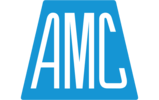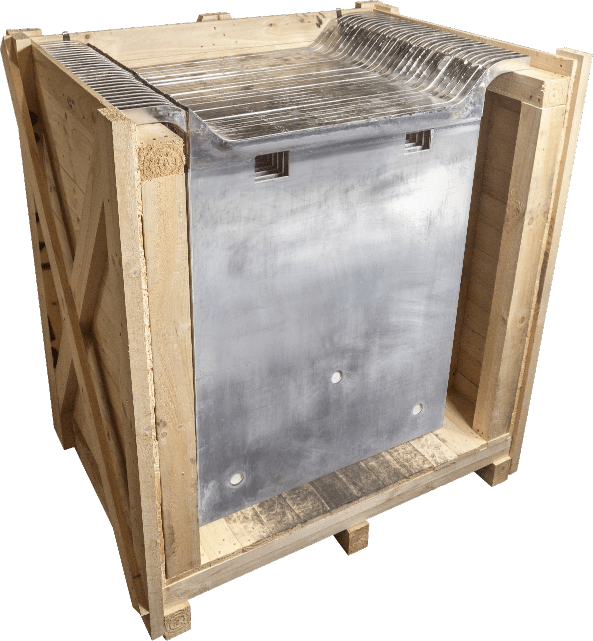BHP Olympic Dam
CAgroup first supplied lead anodes to BHP’s Olympic Dam SX-EW plant in 2000 and has been supplying replacement anodes on an ongoing basis ever since. This is a testament to the quality of anodes supplied and the technical cooperation between the two companies which has led to a number of technical improvements over the years.
In 2011, CAgroup supplied over 3,000 anodes to Olympic Dam as part of a major project to increase output and improve current efficiency. With the successful completion of this project, these anodes continue to perform extremely well with very high current efficiencies.





